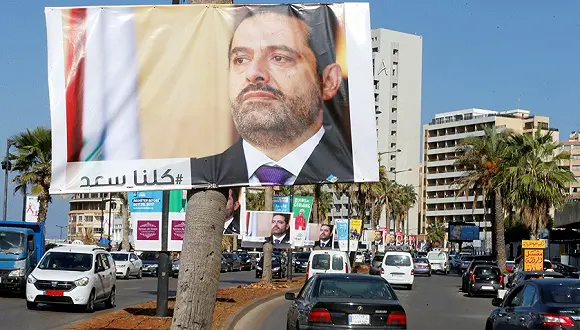After more than 11 hours' deliberations, a federal jury in Boston on Wednesday found 21-year- old Dzhokhar Tsarnaev, a Kyrgyzstan-born U.S. citizen, guilty of all 30 counts related to the 2013 Boston Marathon bombing attacks and the following killing of a police officer when on the run.
Because death penalty is involved as possible punishment in 17 counts of the 30 counts, the trial will then move to the next phase where the same jury will weigh whether Tsarnaev should be executed or serve life sentence in prison.
In the penalty phase, jurors will be asked to weigh aggravating factors, such as the heinousness of the crime, against mitigating factors, such as his family and mental health history. Jurors will also need to take into consideration the relative youth of Tsarnaev when committing the crime.
Tsarnaev was 19 when carried out a twin deadly bombings with his older brother Tamerlan Tsarnaev at the crowded finishing line at the signature event of Boston Marathon on April 15, 2013. Three people were killed in the bombings and 264 more were severely injured.
Tamerlan Tsarnaev was killed in confrontation with the police.
"I hope today's verdict provides a small amount of closure for the survivors, families, and all impacted by the violent and tragic events surrounding the 2013 Boston Marathon," Boston Mayor Martin Walsh said in a statement.
Later Wednesday afternoon, U.S. Attorney's Office in Massachusetts tweeted that date of penalty phase for Tsarnaev trial was not set yet.
Though Tsarnaev pleaded not guilty, from the beginning of the trial, his defense team focused on convincing the jurors that he was under the influence of his dominant older brother, a defense tactic that was designed not to win the trial, but to avoid the death penalty.
Since the trial began on March 4, prosecutors have called 92 witnesses while the defense summoned only 4.
"He was there," the leading defense lawyer Judy Clarke told jurors on Monday in her closing arguments. "We are not asking you to excuse the conduct, but let's look at the varying roles," said Clarke. "You know who made these bombs. It was Tamerlan ... If not for Tamerlan, it (the bombing attacks) wouldn't have happened."
In her 50-minute closing argument, Clarke repeatedly referred to the fact that Tsarnaev was 19 and his older brother was 26 when the attacks happened in 2013, and called Tsarnaev "a teenager."
In the penalty phase, the defense team is expected to present mitigating factors which would put Tsarnaev as less culpable as his deceased brother. Details of Tsarnaev's family history are expected during the following phase, especially how Tsarnaev fell under the sway of his older brother after his divorced parents left America for Russia.
Prosecutors stressed in the closing arguments on Monday that Tsarnaev was a full and equal partner with the other suspect.
"There was nothing about this day that was a twist of fate. This was a cold, calculated terrorist act. This was intentional. It was bloodthirsty," said Assistant U.S. Attorney Aloke Chakravarty, depicting the attacks as a deliberate act to "punish America."
"He chose a day where there would be civilians on the sidewalk, and he and his brother targeted those civilians -- men, women and children -- because he wanted to make a point," said Chakravarty. "It was to tell America that 'We will not be terrorized by you anymore. We will terrorize you.'"
In the penalty phase, prosecutors are expected to flesh out details about the physical and emotional effects of the bombings on the victims.
 简体中文
简体中文



